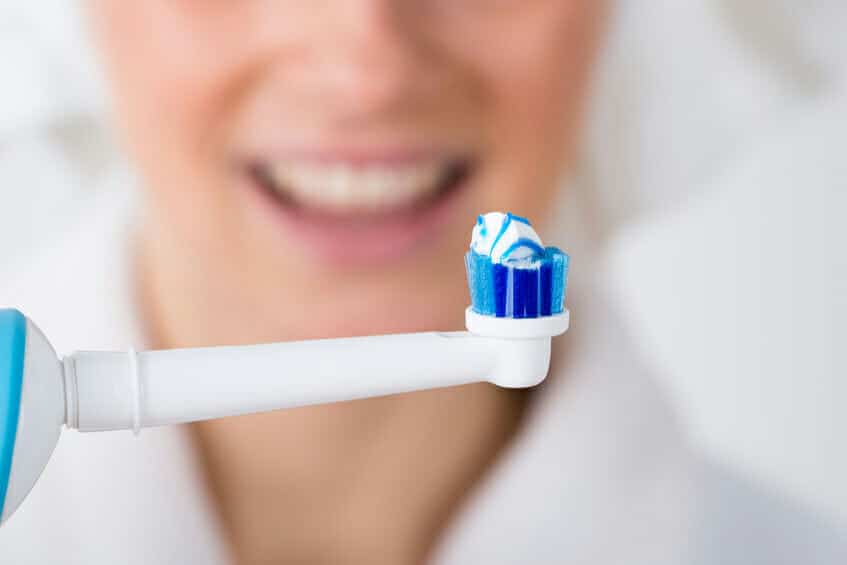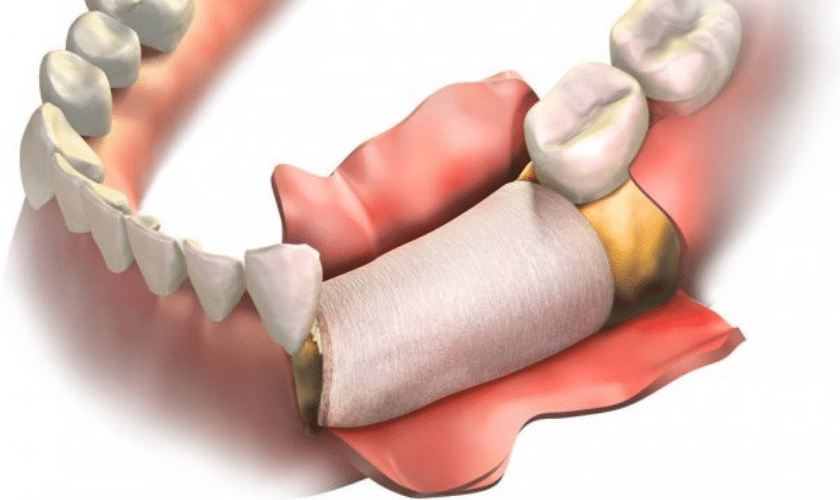ONLINE SCHEDULING AND VIRTUAL CONSULTS AVAILABLE

Electric Toothbrushes Offer One More Reason to Smile

Little has changed design-wise in the 2,000-plus years since toothbrushes have been around. Even the Ancient Babylonians knew the importance and attractiveness of clean teeth. From their thin, frayed-end twigs to the hog-hair bristled bamboo brushes used by the Chinese in the 15th century, they all have the same general shape and function. Since the 1960s, when the first electric toothbrushes became available in the U.S., technology has continued to advance, and now they are a staple on grocery store shelves and in dentist’s offices.
Different Brands, Similar Functions
Each electric toothbrush brand has its unique twist, but they all have standard features that make brushing easier.
Some oscillate or rotate while others use ultrasonic technology. Some have simple on/off switches that run for two minutes and beep at 30-second intervals alerting you to change to a different side of your mouth. Others have multiple settings like an extended brush timer button, massage settings to stimulate gum tissue, and sensitive teeth settings which reduce the motor speed and force.
However, it’s just as easy to brush too hard with an electric toothbrush, so a gentle hand is always best. Brushing too hard can cause tooth abrasion and gum problems. Some brushes feature special sensors which stop the brush from rotating or vibrating if too much pressure if sensed so you can train yourself to use a gentler hand. With an electric brush, gently holding it to and moving it along the teeth is all the pressure you need.
A Little Independence Can Make All The Difference
Electric toothbrushes are an excellent idea for everyone, but for people with arthritis, cognitive impairments or those who have suffered a stroke, an electric toothbrush can be a little breath of independence that gives a boost of self-confidence. Just a little control over your health can mean the world in a patient’s recovery process or overall longevity. For a patient with arthritis or patients with muscle-control issues, this allows you to hold the brush gently and let it do all the work. Most electric brushes have a timer, too, so you don’t have to worry about not brushing for the right amount of time.
Giving Small Hands Some Help
Electric toothbrushes are also great for children. Studies have shown that children don’t have the dexterity to brush their teeth unaided until they can tie their shoes. While a parent should still help small children with brushing and flossing, an electric toothbrush gives an older child the ability to brush their teeth while giving the parent the comfort knowing the brush is doing the bulk of the work. The timer makes sure they are brushing for the full two minutes.
Not an Easy Way Out
An electric toothbrush can help compensate for coordination problems due to age and medical issues, but using one is not an excuse to skip regular cleanings and exams. You should consider asking for help if brushing and holding a toothbrush is difficult. Combined with regular cleanings and exams, an electric toothbrush is merely one cog in the wheel of your oral health care regimen.



